Empire of the Censors (1995)
장르 : TV 영화, 다큐멘터리
상영시간 : 2시간 0분
연출 : Saskia Baron
시놉시스
The history of film and video censorship in Great Britain.

Lifting the lid on the world of cinema censorship, this programme has unique access to the files of the British Board of Film Classification. Featuring explicit and detailed exchanges between the censor and film-makers, 'Dear Censor' casts a wry eye over some of the most infamous cases in the history of the board. From the now seemingly innocuous Rebel Without a Cause, the first 'naturist' films and the infamous works of Ken Russell, and up to Rambo III, this frank and surprisingly warm documentary demonstrates how a body created by the industry to safeguard standards and reflect shifts in public opinion has also worked unexpectedly closely with the film-makers themselves to ensure that their work was able reach an audience.

Residents of a big city, each of whom has their own sexual problems and desires, secret and, most often, shameful from the point of view of society, need to solve them. Each of the characters tries to solve their problems in their own way: someone sublimates them, someone turns to a psychotherapist for help, someone rushes into experiments... but sooner or later they all return to where they started, and they have to overcome themselves again and again to get at least a little, even a millimeter closer to their happiness.
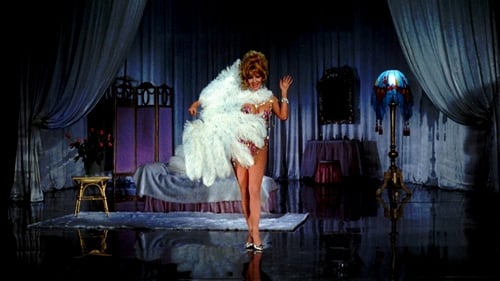
What was the role of women in Spanish cinema from the 1930s to the present explained through fragments of different films, both fiction and non-fiction. (Followed by “Manda huevos,” 2016.)
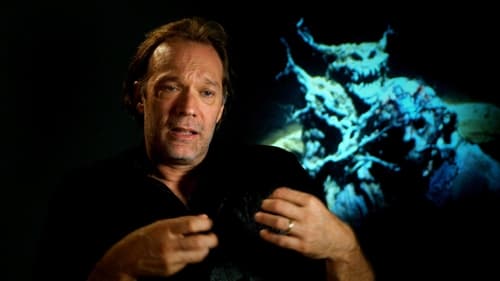
같은 이름의 피터 M. 브 래케 (Peter M. Bracke)의 최종작에서 영감을 얻은이 장엄한 7 시간짜리 다큐멘터리 (Never Sleep Again : 엘름 스트리트 레거시 (Never Sleep Again : 엘름 스트리트 레거시)와 같은 팀)는 12 번째 금요일 13 번째 영화 제작에 뛰어 들어, 캐스트와 승무원의 새로운 인터뷰.
(구글번역)

어린 시절 영화가 세상의 전부였던 소년 토토는 학교 수업을 마치면 마을 광장에 있는 낡은 시네마 천국이라는 극장으로 달려가 영사 기사 알프레도와 친구로 지내며 어깨너머로 영사기술을 배운다. 어느 날 관객들을 위해 광장에서 야외 상영을 해주던 알프레도가 그만 화재 사고로 실명하게 되고, 토토가 그의 뒤를 이어 시네마 천국의 영상기사로 일하게 된다. 실명한 후에도 토토의 친구이자 아버지로 든든한 정신적 지주가 되어준 알프레도는 청년이 된 토토가 사랑하는 여자 엘레나의 부모님의 반대로 좌절하자 넓은 세상으로 나가서 더 많은 것을 배우라며 권유하는데...

A retrospective documentary about the groundbreaking horror series, Friday the 13th, featuring interviews with cast and crew from the twelve films spanning 3 decades.

The history of the irreverent "The Smothers Brothers Comedy Hour" and the content battles it fought with its television network.
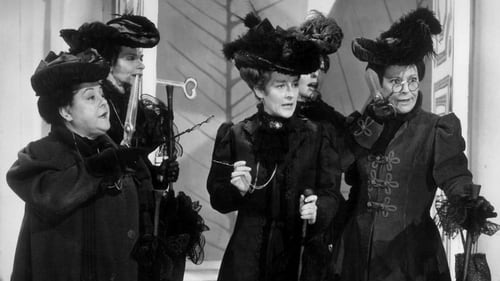
The Lecturer, leader of the Feminine League Against Frivolity, tells the history of eroticism and censorship from the beginning of time until the late 1960s.
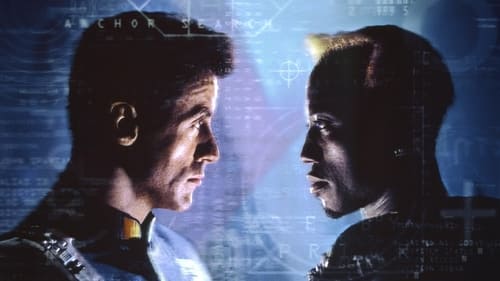
1996년, 스파르탄(실베스타 스탤론 분)은 사건의 장애물을 거침없이 없애 버리는 경찰로 동료들은 그를 ‘파괴자’라는 뜻의 ‘데몰리션 맨’이라고 부른다. LA 피닉스(웨슬리 스나입스 분)라는 한 킬러가 폭탄 장치된 빌딩 안에 30명의 인질을 붙잡는 사태가 벌어지자, 스파르탄은 그를 체포하지만 빌딩을 폭파된다. 결국 그가 모르는 사이 30명의 인질이 죽자 임무과실로 체포된다. 그리고 냉동 감옥에서 얼려져 70년형을 살게 된다. 2032년, 도시는 혁신적인 경영 방침으로 모든 범죄를 사라지게 했다. 하지만 피닉스의 탈출로 도시는 파괴되기 시작한다. 여경찰 레니나(산드라 블록 분)는 스파르탄의 존재를 알고 피닉스를 체포하기 위해 그의 가석방을 건의한다. 드디어 스파르탄은 오랜 잠에서 깨어나 그의 최대 적수를 상대하게 된다. 그에게 있어 피닉스를 잡는 것만이 다시금 냉동 감옥으로 수감되지 않는 길이기에. 한편 냉동 상태에서 재생되는 동안 스파르탄과 피닉스는 새로운 교육을 받았는데 피닉스는 과거보다 더 위험한 인물로 변해 있었다. 피닉스를 추적하는 과정에서 스파르탄은 그가 새롭게 보강된 능력 뒤에 어떤 음모가 있음을 느낀다. 바로 그의 배후에는 평화로운 미래 도시의 지도자 콕토 박사가 있었다. 그는 말썽을 일으키는 지하 인간들을 퇴치하기 위해 냉동 죄수인 악당 피닉스를 고의로 탈옥시켜 지하 인간들의 지도자 프렌들리를 죽이게 하고, 가석방한 스파르탄을 피닉스 견제용으로 활용한다는 것이다. 20세기를 동경하는 여경찰 헉슬리는 스파르탄과 함께 피닉스 검거에 나서면서 터프한 매력을 발산하는 스파르탄에게 반해 버린다. 피닉스가 박물관을 파괴하는 등 난동을 부리자 미래도시의 경찰과 시민들은 두려움에 떨며 경악하고, 이를 기회로 콕토 박사는 자기의 권력을 더욱 강화함은 물론 프렌들리의 세력을 뿌리 뽑으려 한다.

A documentary analyzing the furore which so-called "video nasties" caused in Britain during the 1980s.
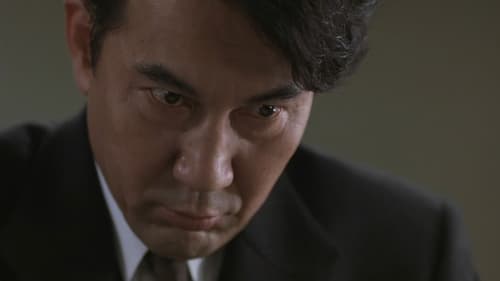
‘미타니 코키’표 시나리오와 신인 감독 호시 마모루의 연출이 만난 독특한 코미디. 미타니 코키의 희곡이 늘 그러하였듯이, 이번에도 하나의 공간에서 대부분의 이야기가 펼쳐진다. 말하자면, 하나의 공간은 미타니 코키가 좋아하는 무대이지만, 호시 마모루가 그 폐쇄적인 공간에서 이야기를 얼마나 능수능란하게 풀어나갈 것인가 하는 것이 관건인 셈이다. 2차 세계대전이 한창이던 1940년의 도쿄. 전시 상황이라는 이유 때문에 당국은 모든 코미디극을 가급적 억제 시키거나 검열을 강화하고 있었다. ‘웃음의 대학’이라는 극단의 희곡작가 츠바키 하지메는 새 희곡을 들고 공연허가를 얻기 위해 검열관을 찾는다. 완고한 검열관 사키사카 무츠오는 무조건 퇴짜를 놓다가, 점차 하지메의 열정에 감복하고 코미디 극의 매력에 빠져들게 된다. 그리고 서로를 완전히 이해하게 된 마지막 순간 두 사람은 예기치 못한 이별을 하게 된다. (2004년 9회 부산국제영화제)

When a small Utah-based edited movie company is caught sanitizing Hollywood's copyrighted material, the film industry strikes back with a devastating blow.

It is a sex education film of sorts dedicated to all forms of human sexuality.
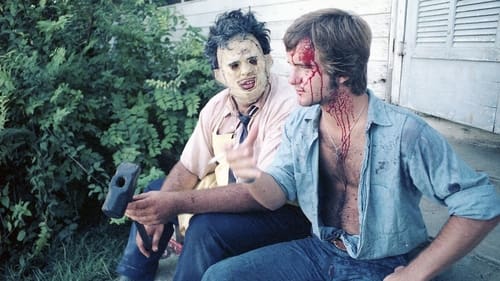
A documentary primarily focusing on the filming and release of the original Texas Chainsaw Massacre.

When an American filmmaker is commissioned to make a film for a Middle East Biennial on the theme of 'art as a subversive act,' his film is banned for blasphemy, he is asked to destroy every copy, and threatened with arrest.

In "Diana: The Mourning After" Christopher Hitchens sets out to examine the bogusness of "a nation's grief", tries to uncover the few voices of sanity that cut against the grain of contrived hysteria. His findings suggested that the collective hordes of emotive Dianaphiles sobbing in the streets were not only encouraged but emulated by the media. In the aftermath of Diana's death a three-line whip was enforced on newspapers and on TV, selling the sainthood line wholesale. The suspicion was that journalists, like the public, greeted the death as a chance to wax emotional in print, as a change from the customary knowing cynicism, to wheel out all those portentous phrases they'd been saving up for the big occasion. Sadly, they just seemed to be showboating; the eulogies, laments and tear-soaked platitudes ringing risibly hollow.

An investigation of government censorship in Iran.

The highly anticipated follow-up to their critically acclaimed VIDEO NASTIES: MORAL PANIC, CENSORSHIP & VIDEOTAPE documentary, director Jake West and producer Marc Morris continue uncovering the shocking story of home entertainment post the 1984 Video Recordings Act. A time when Britain plunged into a new Dark Age of the most restrictive censorship, where the horror movie became the bloody eviscerated victim of continuing dread created by self-aggrandizing moral guardians. With passionate and entertaining interviews from the people who lived through it and more jaw dropping archive footage, get ready to reflect and rejoice the passing of a landmark era.

More Dangerous Songs: And the Banned Played On features previously banned songs by the BBC including "Lola" by the Kinks, "Jackie" by Scott Walker and "(We Don't Need this) Fascist Groove Thang" by Heaven 17.

Through the conversation with Yugoslav film authors and excerpts from their films, this documentary film tells a story of a film phenomenon and censorship, and its focus is, in fact, a painful epoch of Yugoslav film called “a Black Wave”, which was the most important and artistically strongest period of Yugoslav film industry, created in the sixties and buried in the early seventies by means of ideological and political decisions. The film tells a great “thriller” story of the ideological madness which characterised the totalitarian psychology having left multiple consequences felt up to our very days. It stresses similarities between totalitarian regimes defending their taboos on the example of the persecution of the most important Yugoslav film authors. Those film authors have, however, made world careers and inspired many later authors. The film is the beginning of a debt pay-off to the most significant Yugoslav film authors.

















